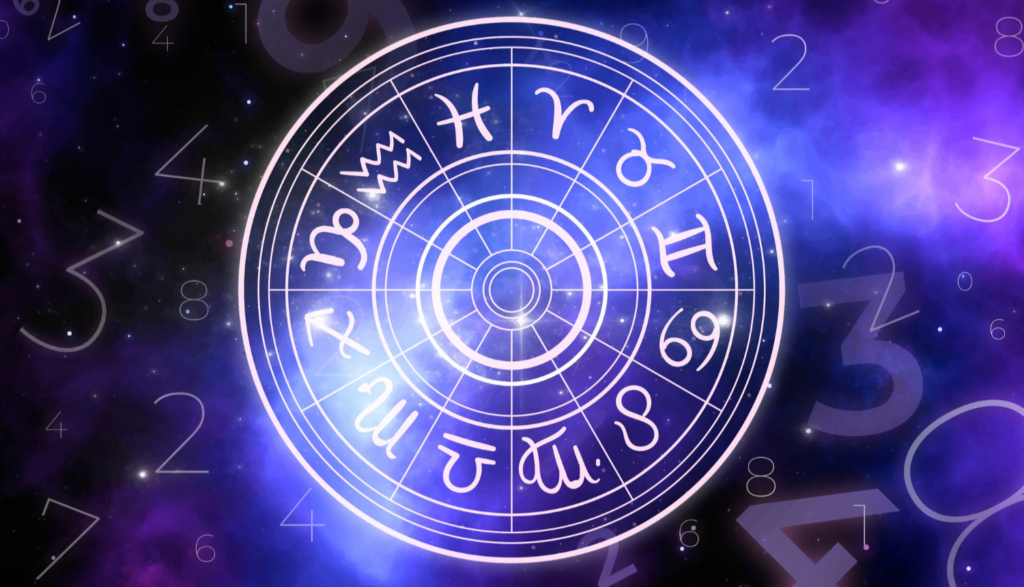Astrology has captivated human interest for millennia, offering insights into personality, relationships, and life events through the study of celestial bodies. For beginners, the world of astrology can seem overwhelming, but understanding its basics can be both enlightening and enjoyable.
What is Astrology?
Astrology is the study of the movements and positions of celestial bodies—such as planets and stars—and their potential influence on human affairs and natural phenomena. The practice dates back to ancient civilizations, including the Babylonians, Egyptians, and Greeks, who sought to understand the cosmos and its impact on life on Earth.
The Zodiac: The Heart of Astrology
At the core of astrology is the zodiac, a belt of the sky divided into twelve equal parts, each named after a constellation. These are known as the twelve zodiac signs: Aries, Taurus, Gemini, Cancer, Leo, Virgo, Libra, Scorpio, Sagittarius, Capricorn, Aquarius, and Pisces. Each sign is associated with specific traits, behaviors, and characteristics.
The Elements and Modalities
The twelve zodiac signs are further categorized by elements and modalities:
Elements: The four elements—Fire, Earth, Air, and Water—represent different types of energy:
Related: What It’s Like to Work, Play, and Live as an Air Sign
- Fire (Aries, Leo, Sagittarius): Dynamic, enthusiastic, and bold.
- Earth (Taurus, Virgo, Capricorn): Grounded, practical, and reliable.
- Air (Gemini, Libra, Aquarius): Intellectual, communicative, and social.
- Water (Cancer, Scorpio, Pisces): Emotional, intuitive, and compassionate.
Modalities: The three modalities—Cardinal, Fixed, and Mutable—describe how signs interact with the world:
- Cardinal (Aries, Cancer, Libra, Capricorn): Leaders and initiators.
- Fixed (Taurus, Leo, Scorpio, Aquarius): Stable, determined, and resistant to change.
- Mutable (Gemini, Virgo, Sagittarius, Pisces): Adaptable, flexible, and versatile.
Your Birth Chart: A Cosmic Blueprint
A birth chart, or natal chart, is a snapshot of the sky at the exact moment and location of your birth. It maps the positions of the sun, moon, and planets within the zodiac signs and houses, providing a detailed cosmic blueprint unique to you. The key components of a birth chart include:
- Sun Sign: Represents your core identity and ego.
- Moon Sign: Reflects your emotions and inner self.
- Rising Sign (Ascendant): Indicates how you present yourself to the world.

The Planets and Their Influence
Each planet in astrology represents different aspects of life and personality:- Sun: Vitality, ego, and identity.
- Moon: Emotions, instincts, and subconscious.
- Mercury: Communication, thinking, and learning.
- Venus: Love, beauty, and values.
- Mars: Drive, action, and desire.
- Jupiter: Growth, optimism, and expansion.
- Saturn: Discipline, responsibility, and challenges.
- Uranus: Innovation, change, and originality.
- Neptune: Imagination, dreams, and spirituality.
- Pluto: Transformation, power, and rebirth.
Getting Started with Astrology
To begin your journey into astrology, consider these steps:
- Create Your Birth Chart: Numerous online tools can generate your birth chart for free. You’ll need your birth date, time, and place.
- Learn About Your Sun, Moon, and Rising Signs: Understanding these three key placements provides a solid foundation.
- Explore the Houses: The twelve houses in a birth chart correspond to different areas of life, such as career, relationships, and health.
- Study the Aspects: Aspects are angles between planets that reveal how they interact and influence each other in your chart.
Astrology offers a fascinating lens through which to understand yourself and the world around you. While it may seem complex at first, starting with the basics—like the zodiac signs, elements, and your birth chart—can make it an enriching and insightful practice. Whether you seek personal growth, better relationships, or just a bit of cosmic fun, astrology has something to offer everyone.
Related: Horoscope Predictions for Tackling Life’s Unexpected Curveballs





















